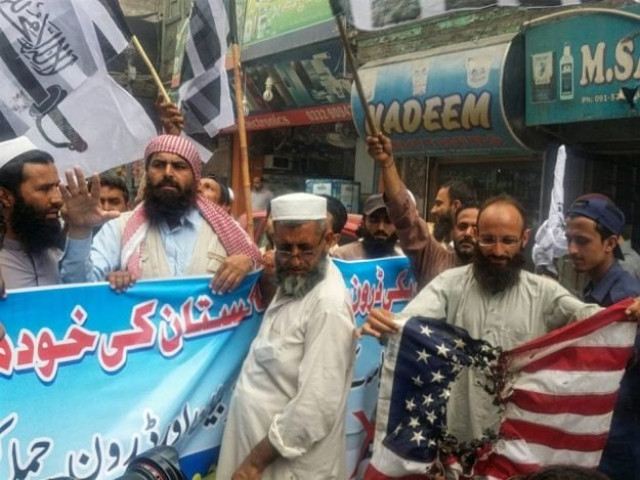Re-emergence of banned groups
Weak enforcement lies at the heart of this rot at the core of the apple of state

It is the interior ministry which is responsible for the identification of groups that are to be banned under the Terrorism Act of 1997. PHOTO: EXPRESS
It is the interior ministry which is responsible for the identification of groups that are to be banned under the Terrorism Act of 1997, then to subsequently monitor them and prevent their re-emergence. Currently, it is doing no more by way of monitoring and prevention than adding the names of groups as they emerge to a central list, a purely administrative exercise that serves none of us well — unless of course we are sympathisers of the groups that are so limp-wristedly ‘banned.’ Let us not deceive ourselves — there is no shortage of people in the populace that do support such groups, be it with money or logistical support, and allow them a broad footprint nationwide. There are those within the interior ministry that support them as well as politicians across the board in the national and provincial assemblies. Millions are inclined to give succour to these snakes that we keep at the bottom of the garden and which all too often turn and bite us.
Weak enforcement lies at the heart of this rot at the core of the apple of state. Either we do not have the resources to monitor banned groups or there is no political will to tackle them and the reality is likely an amalgam of both. The state has to proactively intervene if banned groups really are to be banned and stay banned, and currently there is no indication that the state has the slightest intention of doing that.
Published in The Express Tribune, June 11th, 2016.
Like Opinion & Editorial on Facebook, follow @ETOpEd on Twitter to receive all updates on all our daily pieces.














COMMENTS
Comments are moderated and generally will be posted if they are on-topic and not abusive.
For more information, please see our Comments FAQ